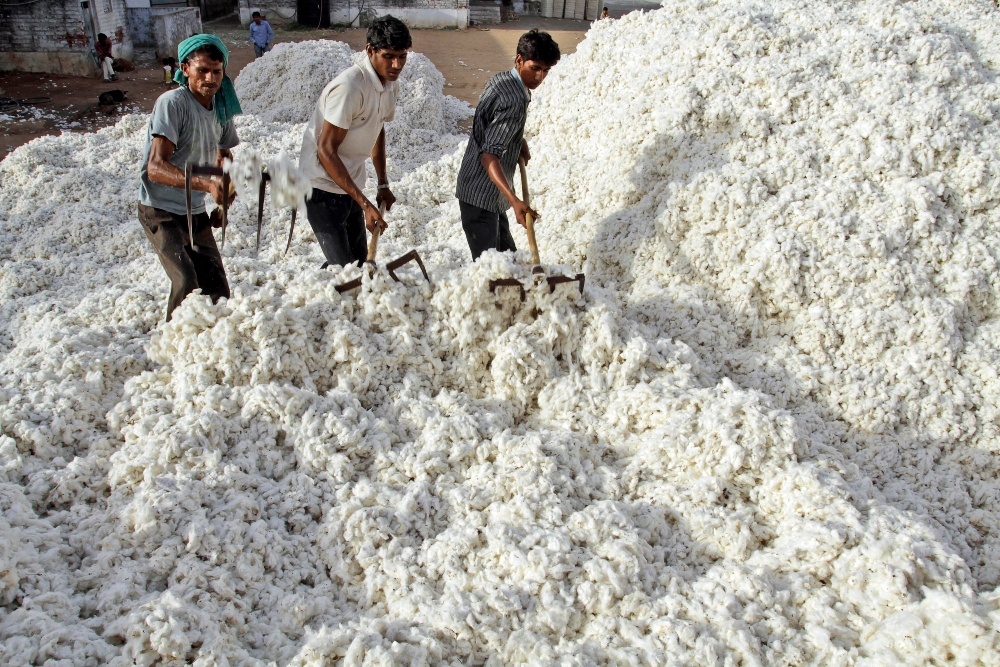William Bettendorf, the Regional Director for Cotton Council International, a nonprofit trade association representing US cotton growers, has called on the Indian government to remove “artificial controls” on the textile industry and allow market forces to determine its course in tough market conditions. During an online interaction with BusinessLine, Bettendorf, currently in India with a US delegation, expressed appreciation for the Indian textile industry but stated that these artificial controls were hindering cooperation between the two countries.
Mark Lewkowitz, President and CEO of Supima, who accompanied Bettendorf, highlighted the discontent of Indian mills, particularly in the south, with the imposed duty. Lewkowitz emphasized that the duty gave other textile-producing nations an advantage over Indian mills, especially for extra long staple (ELS) cotton imports, where American Pima is not adequately protected.
In February 2021, the Indian government imposed an 11% import duty on cotton to support domestic growers. However, with surging prices in 2022 and 2023, the government has been pressured to reconsider the duty. Previously, the government allowed zero-duty cotton imports during the 2021-2022 season after domestic prices surged to ₹1 lakh per candy (356 kg). Critics argue that the duty hampers importing ELS cotton, primarily meant for reexports.
The US delegation, which participated in the International Cotton Advisory Council meeting in Mumbai last week, aimed to engage with the Indian textile industry and discuss market dynamics. Bettendorf highlighted the success of the US Cotton Trust Protocol, a sustainability program that has seen over 120 Indian mills join since its launch three years ago. Peush Narang, Program Representative for the US Cotton Trust Protocol in India & Sri Lanka, highlighted the program’s support for mills, particularly in integrating US cotton into their operations.
The US cotton industry’s call for removing artificial controls on the Indian textile industry is expected to resonate among stakeholders as both countries seek to enhance cooperation and navigate challenging market conditions.

